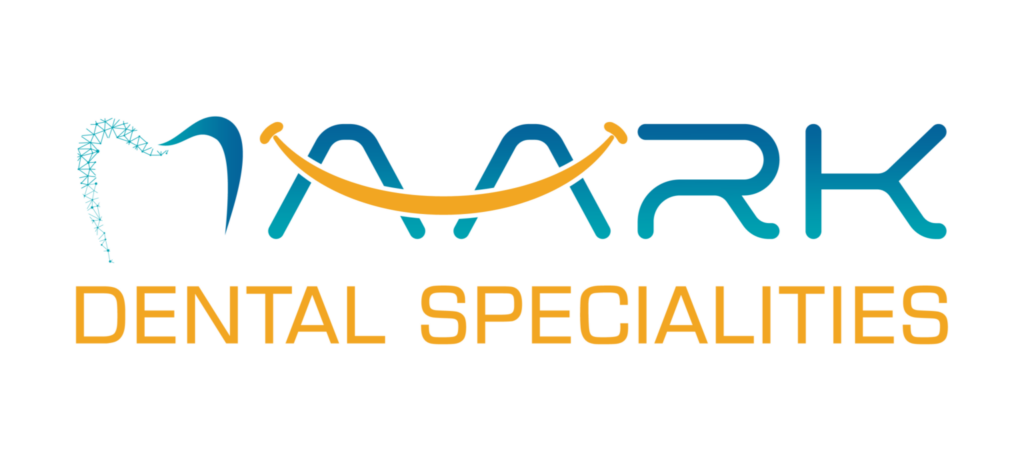Recognizing oral tumor symptoms early can make a huge difference in successful treatment. This blog will help you spot the signs and seek medical attention when needed.
1. Recognizing Oral Tumor Symptoms
Understanding the symptoms of an oral tumor is crucial. An oral tumor can be either benign, meaning it’s non-cancerous, or malignant, which means it’s cancerous. Differentiating between the two may require medical evaluation, but knowing the symptoms can guide you toward seeking evaluation in the first place.
Some signs of mouth cancer to watch out for include: – Sores in the mouth that don’t heal after two weeks. – Bleeding from an unknown spot inside the mouth. – Persistent mouth pain that doesn’t go away. – Lumps or thick patches inside your cheek.
If you’re experiencing any of these symptoms, it’s essential to consult a doctor. Early symptoms might also include difficulty speaking, swallowing, or chronic soreness in the throat. These changes may seem small initially, but they can be hints of something more serious.
Oral tumor symptoms can sometimes cause changes in speech. You might notice a difference in how you pronounce vowels or certain words. Throat discomfort that doesn’t seem to improve is another signal. Furthermore, if you’re losing weight unexpectedly, that’s a prompt to evaluate what’s happening in your body.
Cultural stigmas can prevent people from discussing oral cancer causes or symptoms openly. Some might feel embarrassed or scared, but understanding that these symptoms are common and seeking advice is the first step to care and recovery. Cultivating open conversations about health, especially concerning oral cancer, can help break these barriers.
2. Importance of Early Detection and Regular Checkups
Routine dental check-ups play a crucial role in early oral cancer diagnosis. Dentists often spot suspicious changes in the mouth before they become severe. These visits go beyond cleaning teeth; they are opportunities for preventive care.
Taking a moment to examine your own mouth can aid in detecting unusual changes. Here are some self-examination tips: – Check for any persistent sores or unusual patches inside your mouth. – Use your fingers to feel for lumps beneath the tongue or inside the cheeks. – Observe your teeth and gums or any shifts in alignment.
Misunderstandings about oral cancer can prevent individuals from seeking timely help. One common myth is that only smokers are at risk. While smoking is a significant risk factor, it is not the only one.
By understanding the actual facts and discussing the real-life implications, you can be more prepared. Prompt action and regular monitoring are crucial because they matter. Early detection can lead to better oral cancer treatment outcomes and improved survival rates.
3. Risk Factors and Prevention Guidelines
Identifying the risk factors for oral cancer can help take preventive steps. Common risks include: – Using tobacco products, including cigarettes and chewing tobacco. – Consuming alcohol excessively. – Contracting HPV, a virus linked to several types of cancer.
Prevention involves changing habits. Quitting smoking and moderating alcohol intake are essential measures. Additionally, protecting your lips from excessive sun exposure by using a lip balm with SPF can help.
Creating awareness about things like sun protection and HPV vaccination can prevent cancer. These preventive measures are practical and straightforward.
Lifestyle changes also have a significant impact on your health. Eating a balanced diet rich in fruits and vegetables supports your immune system. Practicing good oral hygiene by brushing and flossing daily is crucial.
4. Seeking Medical Attention and Treatment Options
When should you seek medical advice? If you have sores that don’t heal or symptoms persisting beyond two weeks, that’s a clear signal. Early oral cancer diagnosis is vital.
At the doctor’s visit, expect screenings. A healthcare provider might recommend tests such as a biopsy or imaging tests to pinpoint the problem.
Modern medicine has advanced to offer various treatment options. Technology now provides more accurate and less invasive diagnostic techniques, improving outcomes.
It’s about motivating anyone experiencing symptoms to seek immediate evaluation. Your health is paramount, and addressing concerns directly leads to better oral cancer treatment success.
In summary, understanding and recognizing oral tumor symptoms can lead to early detection, which is crucial for effective oral cancer prevention and treatment. Whether through dental check-ups, self-examination, or by maintaining a healthy lifestyle, proactive steps can make a significant difference in your health outlook.
Oral cancer can develop in any part of the mouth, including the gums, tongue, or cheeks, and is often linked to habits like smoking, alcohol consumption, and poor oral hygiene. Early detection is key to successful treatment and prevention of further complications. If you notice any persistent pain, lumps, or changes in your mouth, it’s important to seek professional care immediately.
Maark Dental offers comprehensive oral cancer screenings to help detect any signs of the disease early, ensuring timely intervention.
Protect your health and your smile—consult Maark Dental today for an expert evaluation and personalized care.

